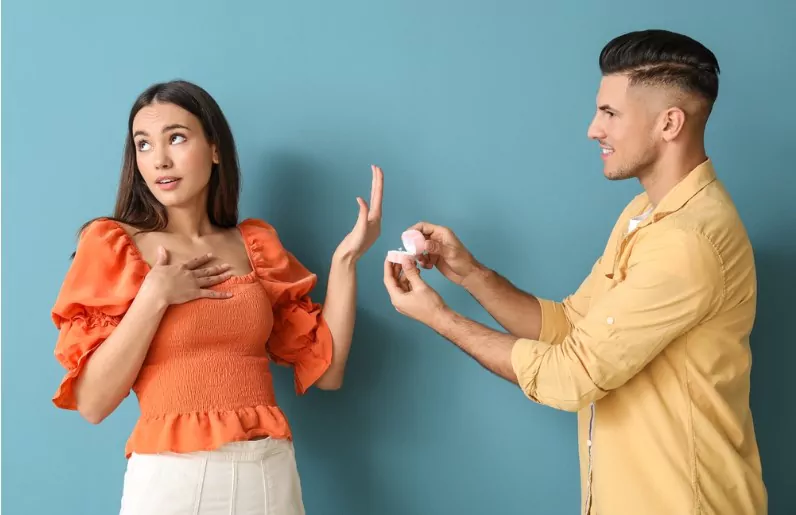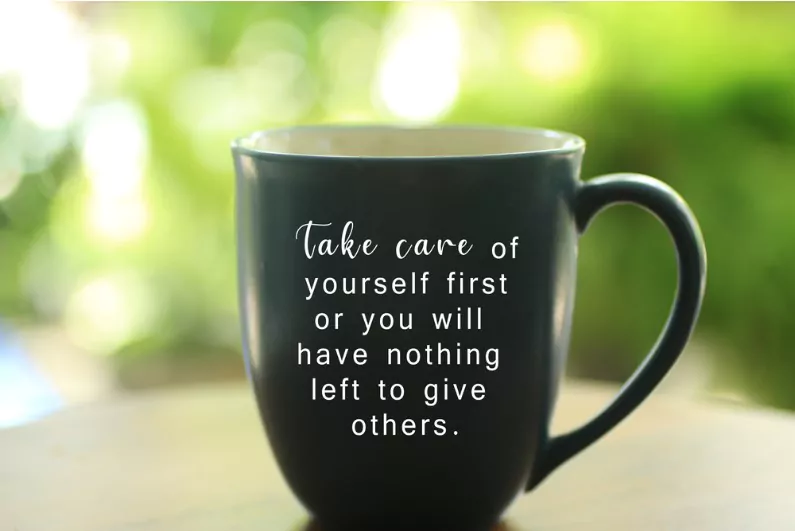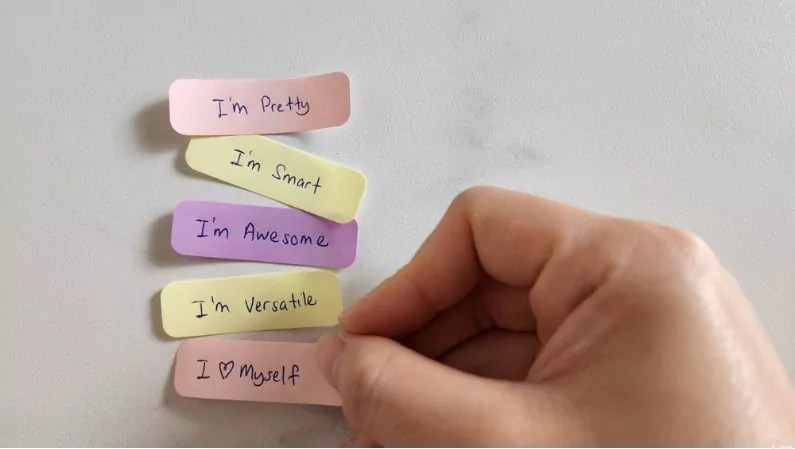How To Move On From One Sided Love Practically?

One of the most challenging aspects of life can often be unrequited love, a universal phenomenon that almost everyone experiences at some point. The feeling of not having your affection reciprocated can leave you emotionally drained, causing great pain and discomfort.
However, overcoming the setback of one-sided love is a possible journey and can lead to personal growth, resilience, and a renewed outlook on love and life. This comprehensive guide aims to provide you with practical steps to navigate through this journey and how to move on from one sided love.
1 What is One-Sided Love?
One-sided love or unrequited love refers to a situation where the affection or love expressed by an individual is not reciprocated by the other. This could happen in several scenarios – you may harbour feelings for a close friend who sees you only as a friend, or maybe your crush does not share the same sentiments.
Experiencing unrequited love can cause feelings of loneliness, sadness, and low self-esteem. But it’s essential to realise that this experience, although painful, is universal and doesn’t reflect your worth or desirability.
2 Strategies to Move On from One-Sided Love
Acknowledgement and Acceptance
Before you can move forward, you must first acknowledge the reality of your situation. Acceptance might feel like you’re giving up, but it’s actually the first step to liberation. Understand that it’s not a reflection of your worth but a circumstance that didn’t work in your favour.
Give Yourself Permission to Grieve
The end of any relationship, even one-sided, can feel like a loss. Allow yourself to grieve this loss. Cry if you need to, write about your feelings, or talk to a trusted friend. Expressing your feelings is an essential part of the healing process.
Establish Boundaries
If the person you’re in love with is part of your daily life, it might be helpful to establish some distance. Limit your interactions and avoid unnecessary contact. This might be difficult initially, but it’s an important step to prevent re-triggering feelings and enable emotional healing.
Practice Self-Care

Self-care is not just about physical health; it’s about taking care of your mental and emotional health too. Spend time doing things you enjoy and make you feel good about yourself. It can be anything – reading a book, painting, cooking, or even going for a run. Also, try to maintain a balanced diet and regular sleep schedule.
Seek Professional Help

If the pain feels unbearable, and you find it difficult to cope, it’s okay to seek professional help. A mental health professional can provide tools and strategies to help you navigate through your feelings and assist in the healing process.
Channel Your Energy
Redirect the energy you were investing in your unrequited love into something productive. Take up a hobby, learn a new skill, or devote yourself to a cause you’re passionate about. This will not only keep you occupied but will also enhance your sense of self-worth.
Practice Gratitude

It might sound clichéd, but practising gratitude can significantly change your perspective towards life. Make a list of things you’re grateful for, or start a gratitude journal. This practice helps bring positivity and can slowly help replace feelings of sadness and despair.
Open Yourself to New Experiences
Once you’re ready, open yourself up to new experiences. Go out, meet new people, make new friends, or maybe even date again. Understand that everyone is different, and past experiences should not define your future.
Be Patient

Remember that moving on takes time. It’s not a linear process; there will be good days and bad days, and that’s perfectly normal. Healing from one-sided love is not a race, so don’t rush yourself. Allow yourself to heal at your own pace.
Self-Love and Affirmation

Lastly, but most importantly, learn to love yourself. Understand your worth is not defined by the reciprocation of your love by someone else. Practice self-affirmations – positive statements that can help you challenge and overcome negative thoughts.
3 Common Misconceptions about One-Sided Love
When dealing with unrequited love, it’s easy to fall into the trap of harmful misconceptions.
"If I try hard enough, they will love me back"
No matter how much effort you put in, you cannot control someone else’s feelings or make them love you back. Understand that love cannot be forced, and it’s crucial to respect the other person’s feelings.
"It's my fault they don't love me"
Remember, it’s not about you. Love is complex and involves a lot of factors. It’s not a measure of your worth or attractiveness. It’s simply a case of mismatched feelings.
"I'll never get over this"
Although the pain can seem overwhelming initially, with time and effort, it is possible to heal and move on from unrequited love. It might seem impossible now, but you’re more resilient than you think.
4 Learning from the Experience
Although painful, the experience of one-sided love can serve as a powerful lesson in self-discovery, resilience, and personal growth. It provides an opportunity to learn about your emotional strengths, teaches patience, and helps cultivate empathy. It also opens your eyes to the reality that not all love stories have to have a conventional happy ending to be beautiful or significant.
5 Wrapping Up
Navigating through the journey of unrequited love can be challenging, but it’s a journey towards healing, growth, and self-discovery. Remember, it’s okay to grieve, and it’s okay to take time. It’s part of being human, and these experiences shape us into stronger and more empathetic individuals.
And, as you find your way out of this labyrinth of emotions, always remember to love and value yourself first. Embrace your resilience, recognise your worth, and know that you are deserving of a love that is reciprocal and fulfilling.
Community Q&A
About This Article
This article has been viewed 453 times.



